Ukraine’s Struggle Against Child Abductions: A Call for Global Awareness
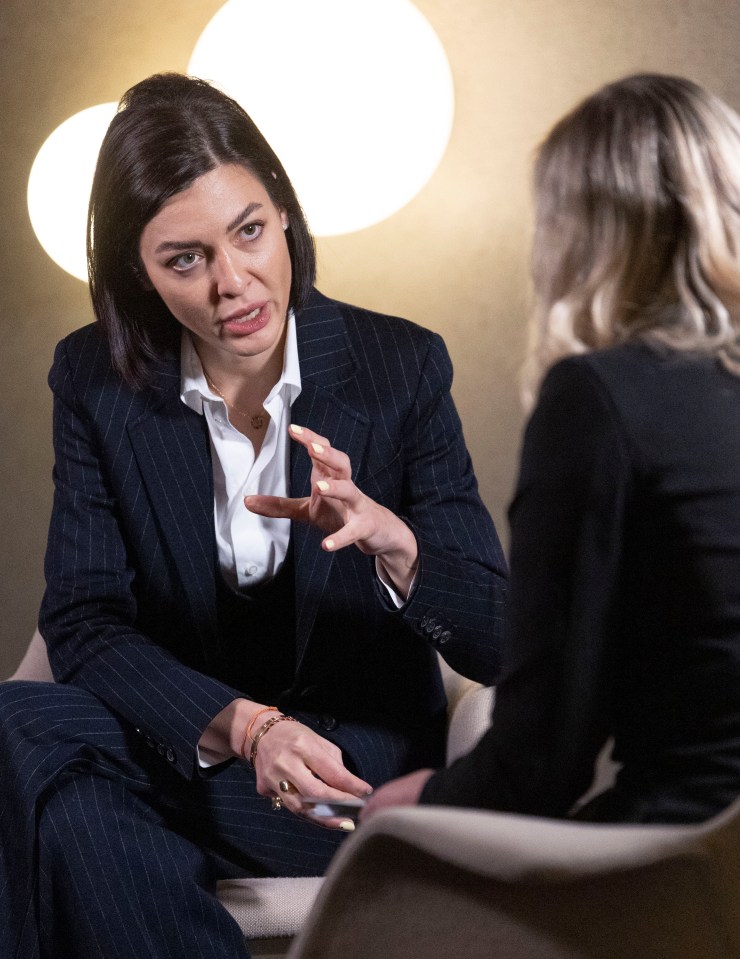
RUSSIA is exploiting abducted and indoctrinated children as tools of war, warns Daria Zarivna, a key advisor in President Zelensky’s administration dedicated to the rescue of Ukraine’s stolen children. In an exclusive interview with The Sun, she emphasized that no genuine peace agreement can be reached until Moscow agrees to return the thousands of Ukrainian children it has forcibly taken.
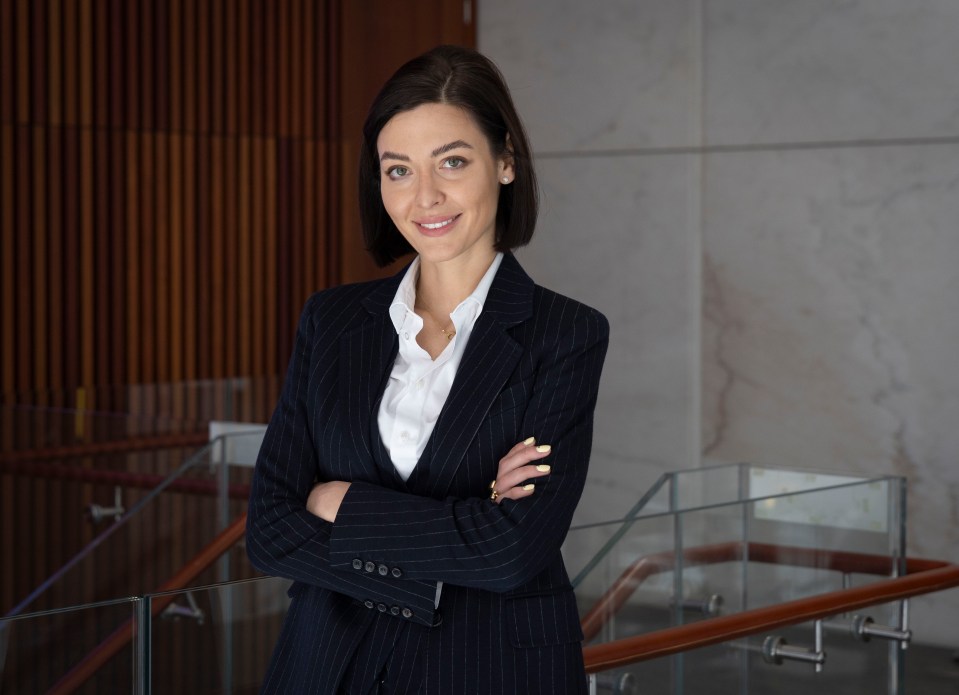
Images emerging from Russian “re-education” camps reveal a disturbing reality, where children are subjected to efforts aimed at erasing their Ukrainian identity. These camps are designed not only for indoctrination but also reportedly include torture facilities, such as one uncovered in Kherson, where allegations of severe abuse have surfaced.
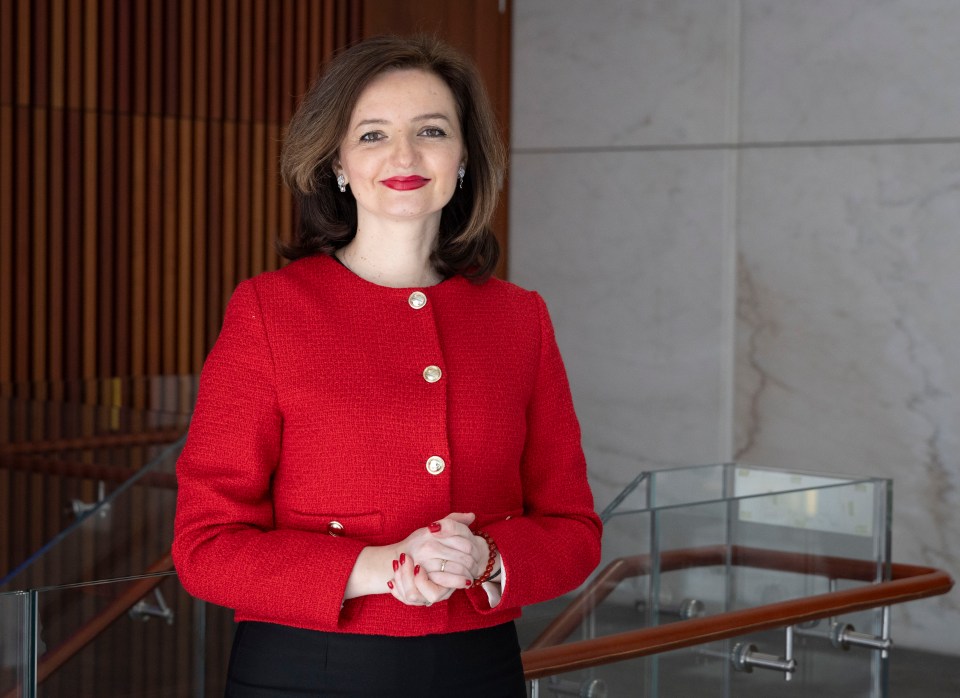
Zarivna stated that Vladimir Putin’s regime is manipulating these vulnerable children, compelling them to accept a Russian identity while living under Russian occupation. “Moscow intends to enlist them into its military ranks,” she warned, casting a grim outlook on the future of these children and their potential role against Europe and Ukraine.
Since the onset of the illegal invasion of Ukraine nearly three years ago, tens of thousands of children have been abducted and taken into Russia. The Kremlin’s operatives are working diligently to strip these children of their Ukrainian roots, brainwashing them into becoming citizens of Russia. The process often involves placing these children in sinister camps where their official documents are altered and they are relocated into Russian families. Many are misled into believing that they have been abandoned by their families and are now citizens of the Russian Federation.
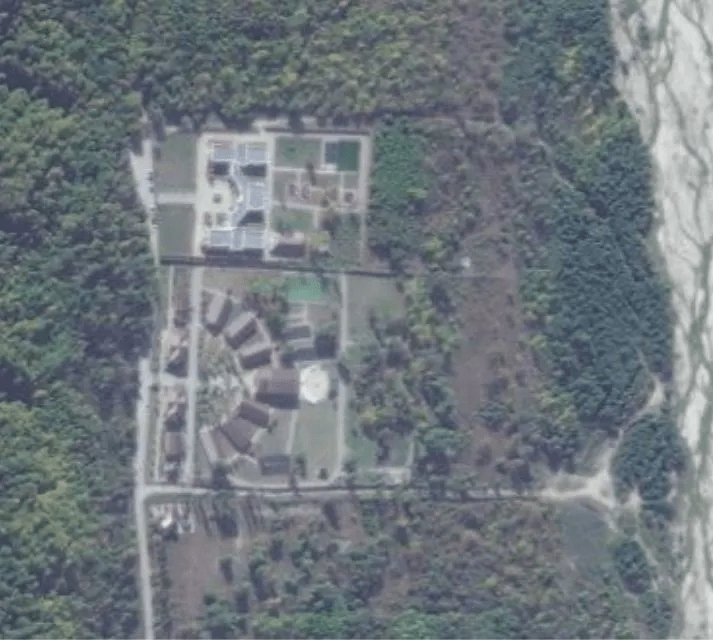
Mariana Betsa, Ukraine’s Deputy Foreign Minister, shed light on the horrifying experiences faced by some children, including abuse and sexual violence. “These figures are not mere statistics; each number represents a life, a family torn apart,” she expressed. “We are determined to bring every single child back home.”
Betsa also highlighted the potential long-term consequences of these abductions, stating, “Russia remains an aggressor, and it is imperative that they face repercussions for their actions.” She emphasized the need for a unified international effort to ensure accountability, asserting, “We cannot exist in a world where impunity overshadows the rule of law.” This sentiment reflects Ukraine’s commitment to restoring justice and maintaining the integrity of international law, which Russia has attempted to undermine.
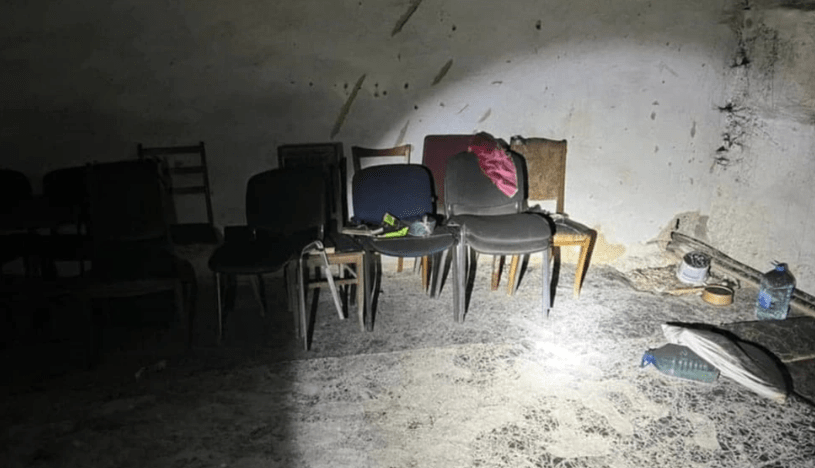
As they work to reclaim abducted children, Zarivna and Betsa acknowledge the difficulties ahead. The insidious Russian propaganda has deeply affected these children, who are subjected to a systematic campaign of disinformation. “Our children are being taught to speak and write in Russian, while they are forced to sing the Russian national anthem daily,” Betsa noted. The trauma experienced by these children, taken from their families, creates a challenging environment for them to reintegrate into society. “They are left without support systems, creating distress and fear,” she added.
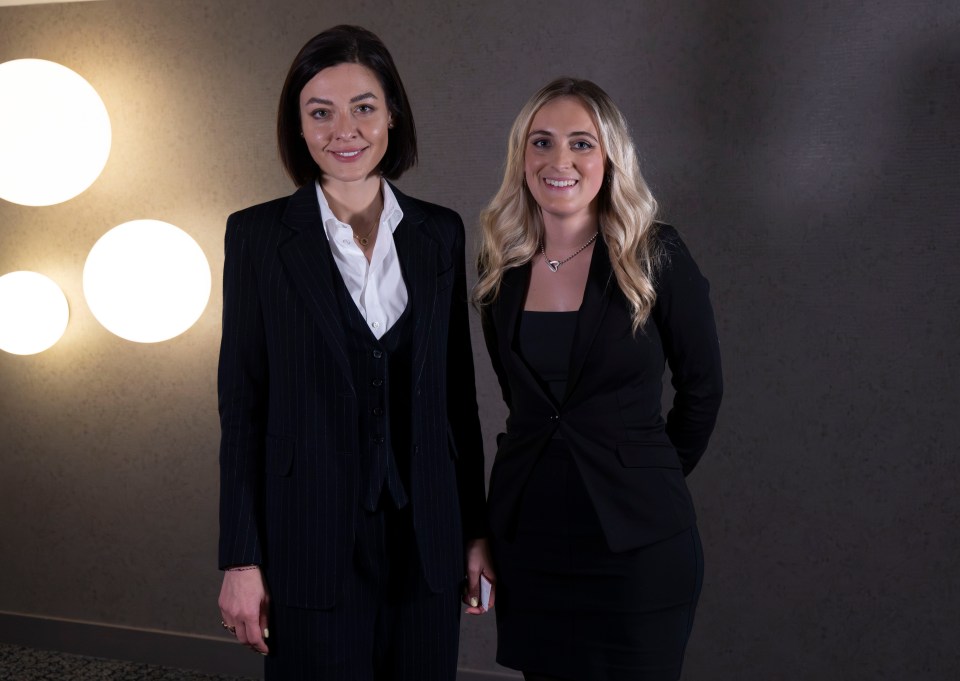
When these children are eventually returned, significant efforts will be required to rehabilitate them. Betsa emphasized the importance of providing psychological support, education, and family reunification, stating, “It is crucial that they receive a Ukrainian education and are reunited with their families.” The longer these children remain in captivity, the more challenging it becomes to reverse the damage done.
Putin’s Disturbing Strategy: The ‘Zombie’ Camps
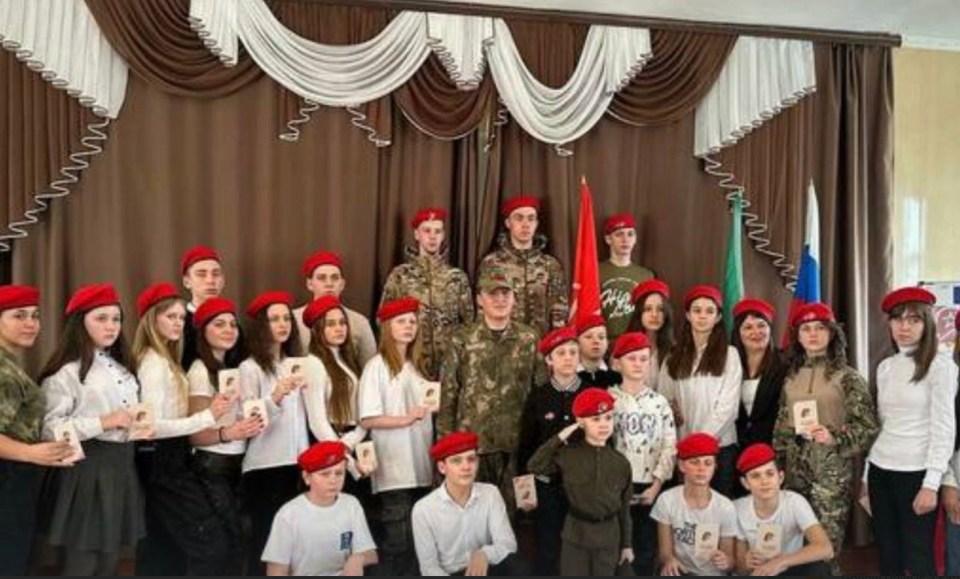
by Rebecca Husselbee, Assistant Features Editor
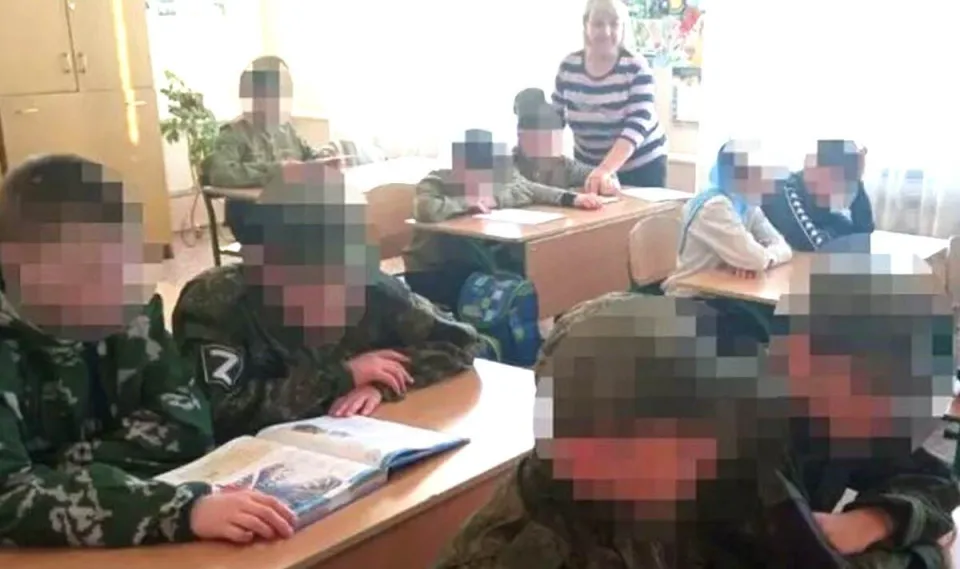
VLADIMIR Putin is implementing a chilling strategy using “zombie” camps to brainwash Ukrainian children as part of a disturbing three-phase plan to replenish his military forces, according to Dmytro Lubinets, Ukraine’s Human Rights Commissioner.
Lubinets described the Kremlin’s actions as a form of genocide targeting Ukrainian children who have been forcibly deported across the border. The three-stage approach involves isolating children in camps where they are taught to speak Russian and sing the national anthem, followed by altering their official documents before placing them with Russian families. Many are misled into believing their families have abandoned them.
Moreover, Lubinets revealed that children who resist the demands of their captors face severe punishment in designated torture rooms within these “re-education” camps. These young hostages are often coerced into participating in military youth organizations and training with weapons, a tactic aimed at creating a new generation of soldiers for Russia’s dwindling forces.
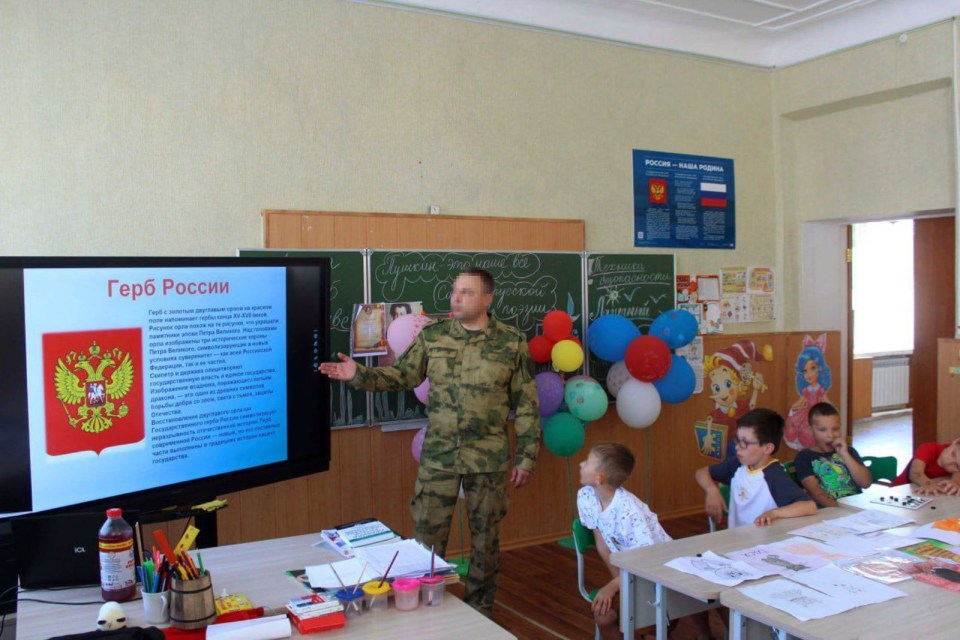
Ukrainian children who have managed to escape from these camps have recounted the horrific conditions they endured. Reports indicate that they were subjected to isolation, beatings, and forced to witness the burning of the Ukrainian flag while captors sang patriotic songs for Russia. “Some children have returned with stories of torture,” Lubinets stated, “including specific rooms designated for punishing those who refuse to abandon their Ukrainian identity.”
To assist returning children, Lubinets outlined a comprehensive plan that includes immediate medical, psychological, and social support, followed by long-term programs to ensure their successful reintegration into society. “It’s critical that these children are either reunited with relatives or adopted by Ukrainian families,” he asserted, emphasizing the necessity of safe housing, especially for those from war-torn areas.
Kyiv has condemned the abductions as a war crime that aligns with the UN’s definition of genocide. In March 2023, the International Criminal Court issued arrest warrants for Putin and Maria Lvova-Belova, the Russian children’s commissioner, prompting Russia to dismiss the warrants as “outrageous and unacceptable.” Lvova-Belova has controversially framed the forced deportation of Ukrainian children as a humanitarian initiative, having personally adopted children from conflict zones, which has drawn widespread condemnation.



